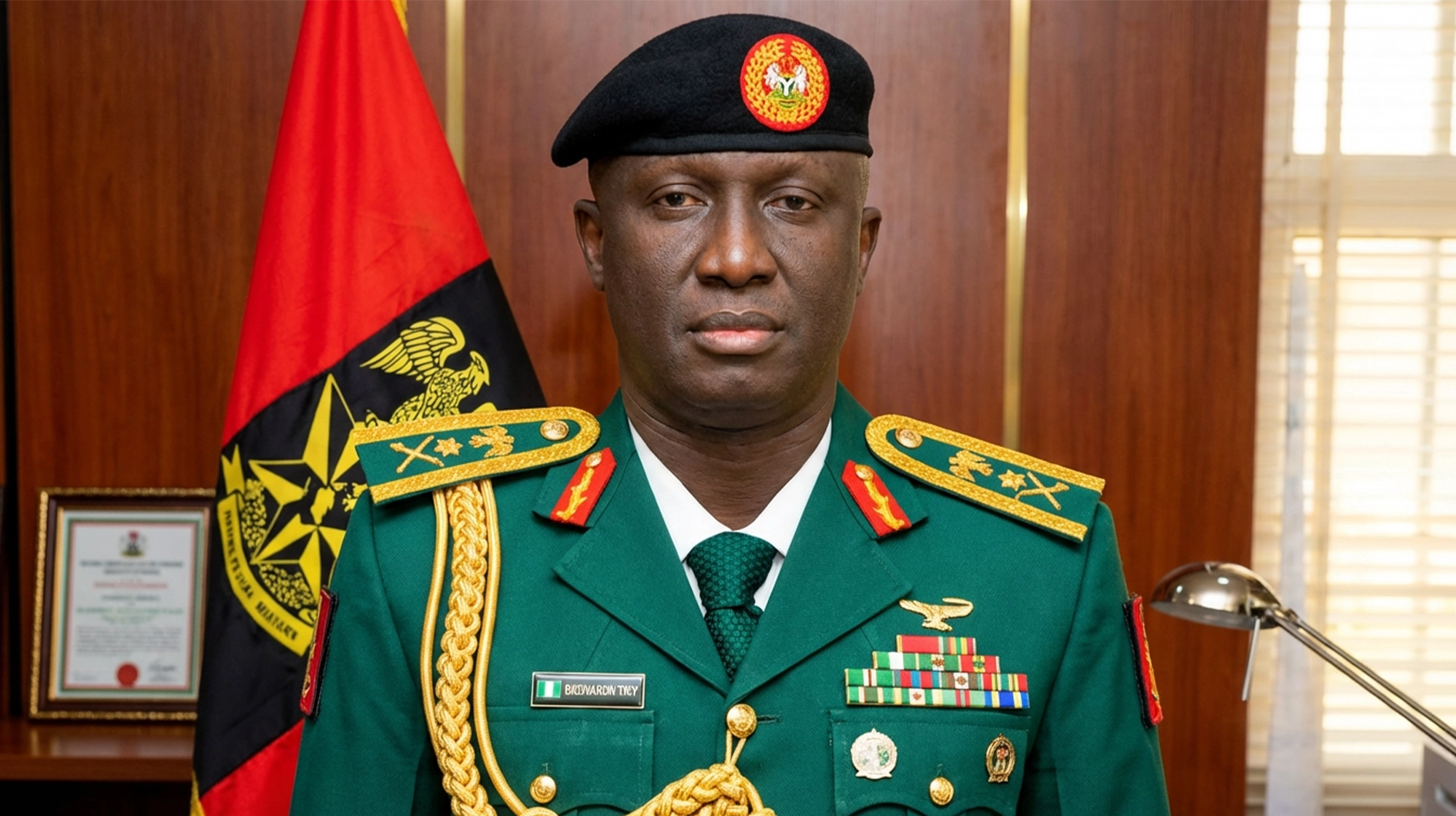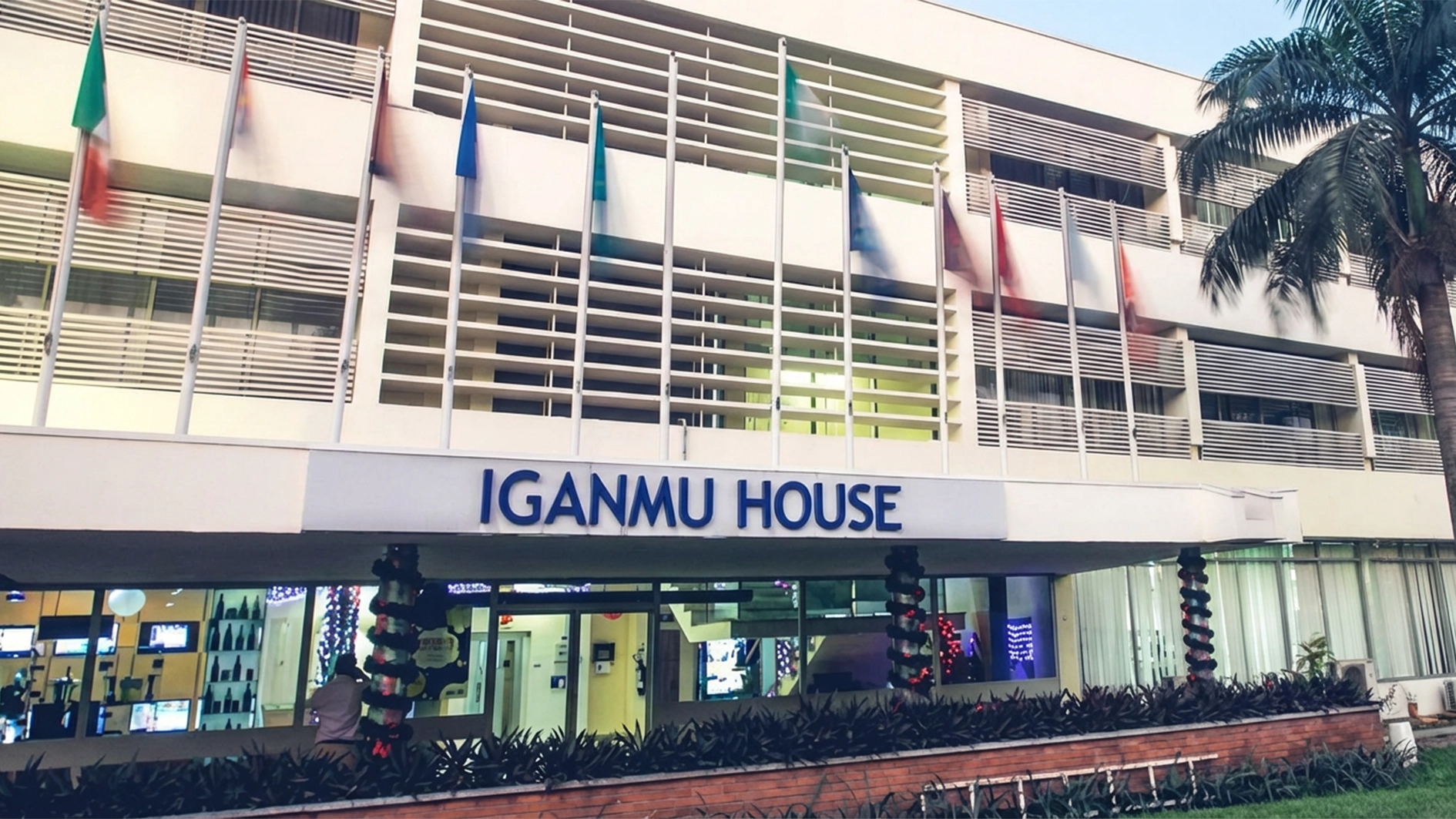The Federal Commissioner of the National Commission for Refugees, Migrants and Internally Displaced Persons (NCFRMI), Tijani Ahmed, has called for stronger collaboration between academia and government to enhance migration governance in Nigeria.
He made the call on Tuesday in Abuja at a two-day workshop organised by the Centre of Excellence in Migration and Global Studies (CEMGS), National Open University of Nigeria (NOUN), themed “Strengthening and Maximising Academic Presence in the Migration Space in Nigeria.”
The event brought together scholars, policymakers, development partners, and civil society representatives to discuss ways of deepening research and policy linkages in migration governance.
The Commissioner commended the leadership of NOUN and the Centre for organising what he described as a “strategic and highly relevant engagement.”
He said the Centre has established itself as a vital hub for scholarship and evidence-based understanding of migration dynamics within and beyond Nigeria’s borders.
“The Centre’s work exemplifies the nexus between academia and policy, bridging theory and practice, and providing a platform for rigorous research, critical discourse, and innovative thinking on migration issues,” he said.
Represented by Ambassador Catherine Udida, he emphasised that, at a time when migration has become one of the most complex global phenomena, such academic dedication could not be more timely or necessary.
The Commissioner highlighted the invaluable contributions of academia to Nigeria’s migration governance framework, noting that researchers and scholars play critical roles as advisers, policy contributors, and thought leaders.
He recalled that the process leading to the adoption of the 2015 National Migration Policy was led by Professor Aderanti Adepoju, whose intellectual vision and scholarly rigour formed the foundation of that policy.
Speaking on global perspectives, the Commissioner noted that international institutions such as the International Organisation for Migration (IOM) and UNESCO recognise academic research as the bedrock of sound migration policy.
He cited findings from recent studies emphasising that universities act as “magnets, gatekeepers, and refiners” of migration knowledge—helping governments to anticipate challenges, evaluate outcomes, and recalibrate interventions based on evidence.
“Academia is not peripheral, but central to migration governance. By producing credible research, fostering dialogue, and equipping the next generation of migration scholars and practitioners, academic institutions shape the foundation of effective and humane migration policies,” he stated.
Reaffirming the Commission’s commitment to academic collaboration, he explained that NCFRMI’s initiatives are aligned with the Global Compact for Safe, Orderly and Regular Migration (GCM), the Sustainable Development Goals (SDGs), and national frameworks such as the National Migration Policy and its implementation plan.
In his remarks, the Vice-Chancellor of NOUN, Prof. Olufemi Peters, called for greater academic engagement and collaboration in addressing Nigeria’s migration challenges.
Professor Peters described the theme of the workshop as ‘timely and relevant,’ noting that migration remains one of the most defining global issues of the 21st century—shaping economies, redefining communities, and influencing both national development and international relations.
“Nigeria, like many nations, continues to grapple with the complex realities of migration, and it is our collective responsibility to contribute meaningfully to the discourse,” he said.
The Vice-Chancellor stated that as the nation’s premier open and distance learning institution, NOUN is uniquely positioned to lead research and knowledge production in migration studies.
Through CEMGS, he said, the university remains committed to advancing scholarship, fostering collaboration, and ensuring that research outcomes translate into evidence-based policies aligned with Nigeria’s development goals and global migration trends.
“This workshop is an opportunity to showcase NOUN’s leadership role in migration studies. By hosting this gathering, we are affirming our commitment to providing thought leadership and serving as a hub for knowledge exchange on issues that affect not only Nigeria but the wider global community,” he added.
According to Professor Peters, the workshop aims to enhance academic involvement in migration research, build capacity for impactful scholarship, and identify research agendas that respond directly to Nigeria’s migration realities. He said participants are expected to produce concrete outcomes such as policy briefs, research proposals, and publications of selected papers that will strengthen both the academic community and policymaking processes.
Earlier, the Director of the Centre of Excellence in Migration and Global Studies (CEMGS) of NOUN, Prof. Grace Anetor, noted that the Centre was established to serve as a multidisciplinary platform for knowledge generation, policy dialogue, and capacity building on migration and related issues.
She emphasised that the Centre’s work aligns with NOUN’s broader mission of using open and distance learning to address national development challenges through innovative scholarship and inclusive education.
“The Centre is deeply committed to bridging the gap between theory and practice in migration studies,” she said. “We believe that research must inform policy, and policy, in turn, must respond to the lived realities of migrants, refugees, and displaced persons.”
According to her, the workshop was conceived as a means of fostering collaboration among academics, government agencies, and development partners, while also providing a platform for emerging scholars to engage with experienced migration experts.
The event also witnessed a book launch in honour of the Vice-Chancellor, with former NOUN V-C, Prof. Abdalla Adamu, as book reviewer.






